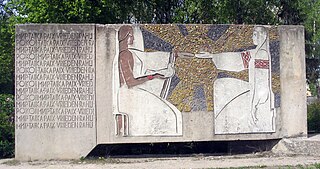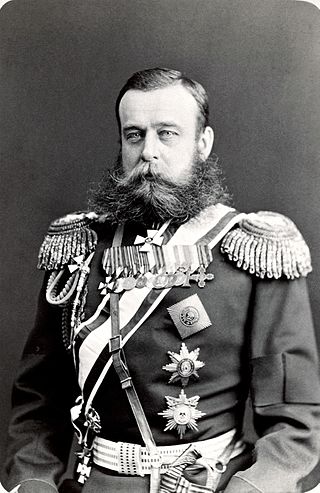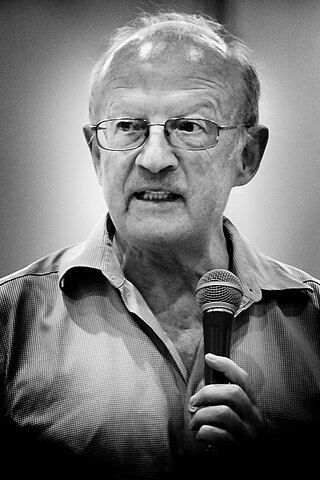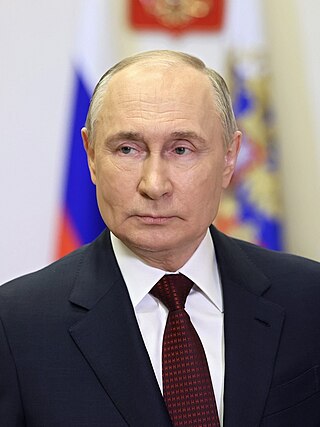Modern Russia

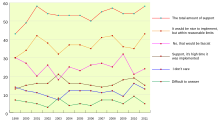

The notion "Russia for Russians" resurfaced again later in the 1980s when the ultra-nationalist Pamyat staged a series of demonstrations and passed out handbills that read "Russia for Russians!" and "Death to the Yids!". [18]
With the outbreak of a second war in Chechnya in 1998 and growing antipathy to "strangers" in Russia after Vladimir Putin's advent to power, the proportion of those who subscribe to the maxim "Russia for Russians" began to increase, partly as a reaction to the crisis and instability and uncertainty of the 1990s as well as growing public discontent with the influx of migrants from Central Asia, the South Caucasus, and China. Thus, the overall number of its supporters rose from 46% in 1998 to 58% in 2005. [1] [19] [20] By "Russians", the respondents frequently mean exclusively ethnic Russians, and preferably with a "Slavic face" appearance, not Russian citizens. [21] [22] This slogan has become a prominent feature at nationalist manifestations during the annual Unity Day holiday. [23] The victims of ethnic and racial violence also reported hearing chants of "Russia for Russians" during attacks. [24] [25] [26]
In 2003, during a television broadcast with President of Russia, Russians on the streets asked him questions. One of the elderly men asked Vladimir Putin what his and his party's stance on "Russia for Russians" slogan was. Putin responded that those who shout and act upon such slogan are "either idiots or provocateurs" (придурки либо провокаторы), who "don't understand what they do and shout". Putin also mentioned that such people want to weaken the Russian Federation, composed of many nations and cultures, by inciting racial and national hatred which ultimately would lead to the Federation's dissolution. Putin also warned that the law enforcement agencies should act as soon as possible against such people who threaten public order. [27]
In a 2006 opinion poll published by the independent Russian Public Opinion Research Center (VCIOM), 34% of the respondents approved the slogan on the proviso that by "Russians" is meant all citizens of the Russian Federation, 23% said they would not object to the idea if implemented within "reasonable limits", 20% (mostly in Moscow and St. Petersburg) believed the realization of this concept – without any restrictions – was long overdue. The notion was disapproved of by 23%, of whom 12% feared difficulties with the West, and 11% of whom described it as "true fascism". At the same time, supporters of the slogan diverged regarding what "Russians" meant – all those who had been brought up in Russian traditions (39%), those who labored for Russia (23%), only Russians "by blood" (15%), those who spoke Russian as a native language (12%), or Russian Orthodox Christians (7%). [28]
Human rights groups have implicated the sentiment as translating into violence against foreigners. [29] Alexander Brod, director of the Moscow Bureau for Human Rights (MBHR), has argued that polling data indicate that 60% of Russia's adult population adheres to an ideology he has described as "Russia for Russians and all misfortune is from non-Russians." Lyudmila Alexeyeva, chairwoman of the Moscow Helsinki Group, has accused the top Russian officials of promoting the notion. She cited as an example Krasnodar governor Aleksandr Tkachyov, who has vowed to drive "the aliens and dissenters" out of his region. [30] The MBHR published, in 2005, a report monitoring xenophobia during the Moscow local elections and argued that a number of political parties adhered to xenophobic slogans, such as "Russia for Russians" and "Russian faces in the Russian capital", in their election campaigns. [31] For example, the Rodina party and its leader Dmitry Rogozin made illegal immigration and a "Moscow for Muscovites!" platform a centerpiece of their election campaign. [32]
An investigation ordered by a Russian court concluded that slogan "Russia for Russians" does not fuel ethnic hatred. [33] The investigation was conducted in connection with a case of assaulting a Caucasian teenage migrant from Dagestan who was almost killed near his school. The attackers shouted "Russia for Russians!", [34] while beating the boy.
On 28 July 2010, a court in Russia demanded an ISP block access to YouTube because the site hosted "Russia for Russians", which is considered by many to be an extremist video. [35]
A 2016 Levada Center poll on the question on Russia for Russians, found that 14% supported I support it, it's high time to implement it. A further 38% said, It would be nice to implement it, but within reasonable limits (Total support 52%). While 21% opposed it, saying this is real fascism. [36]
A 2020 Levada Center poll found The level of support for the idea " Russia for Russians " at 20% with "I support, it's time to implement" 32% said "good, but within reasonable limits" *Total support 52%), and 28% opposed saying "negative, this is real fascism ". 15% said " I'm not interested". [37]
In 2021, Putin called the slogan of "cave nationalism". [38] [39] [40]


